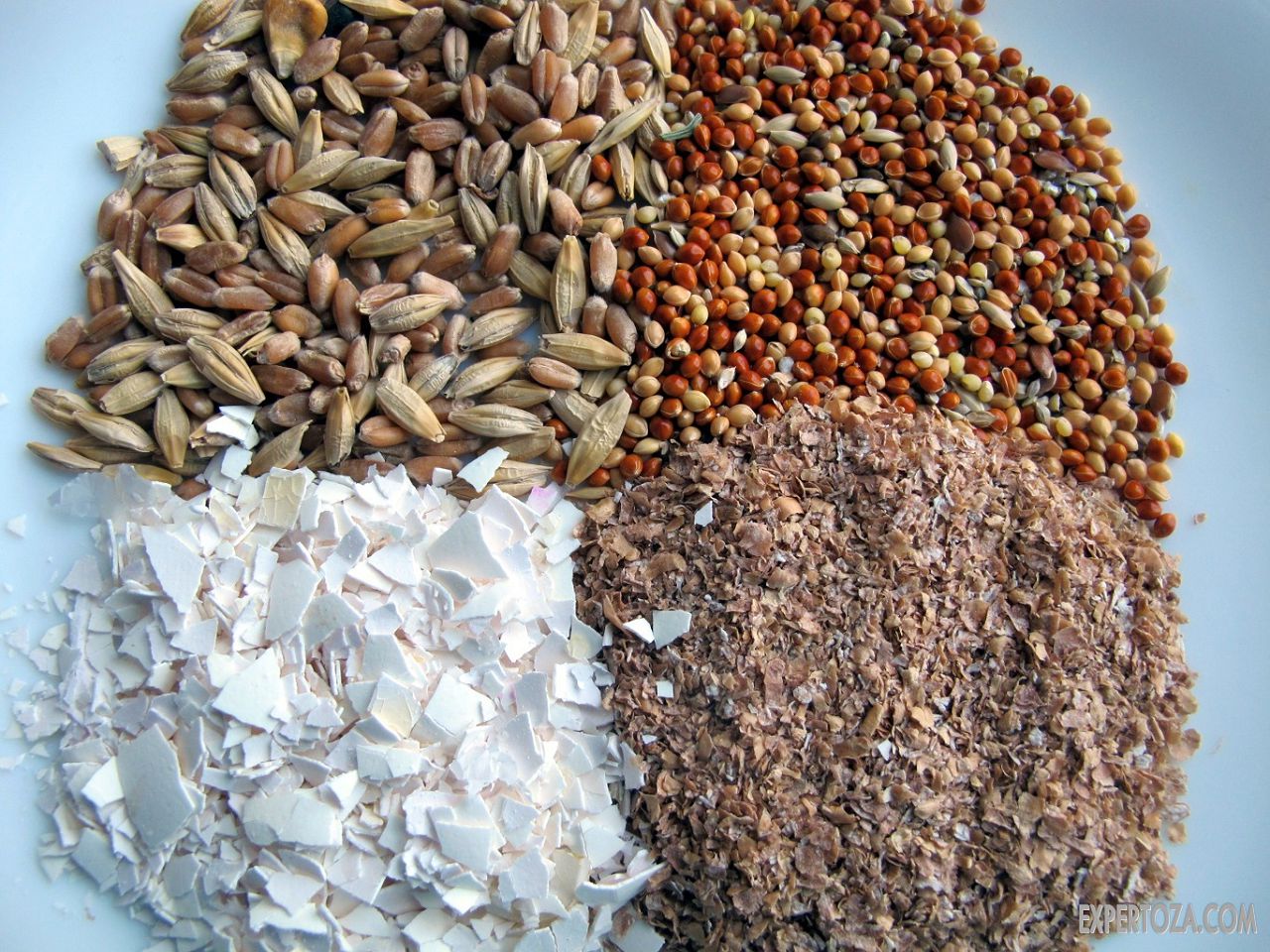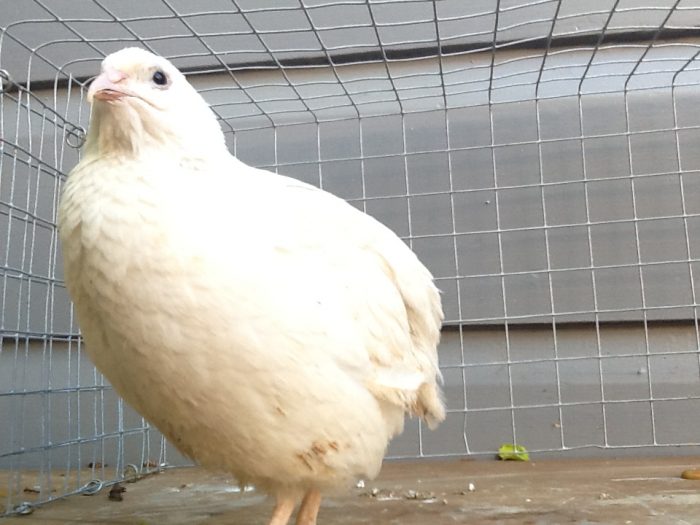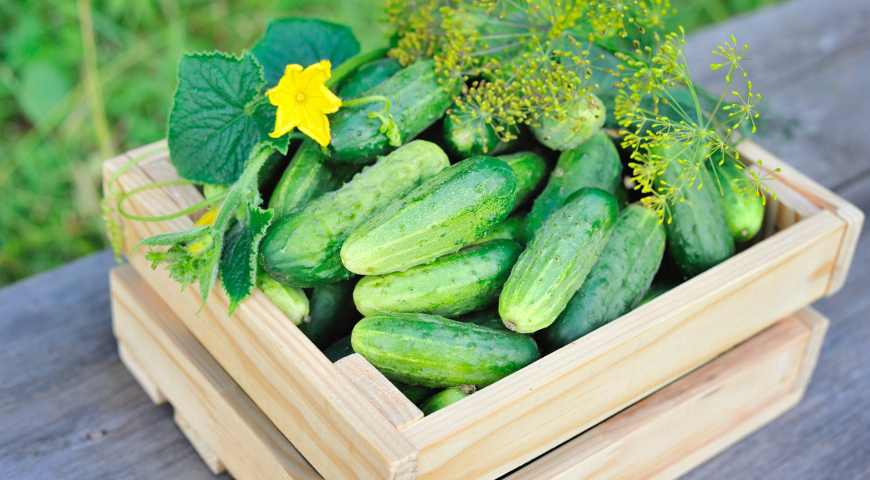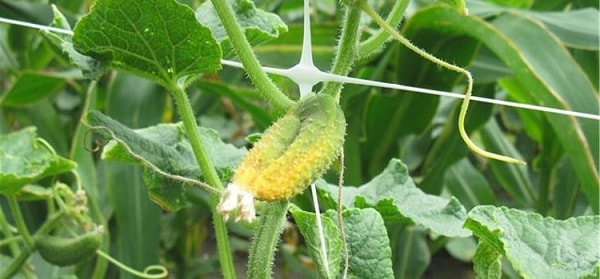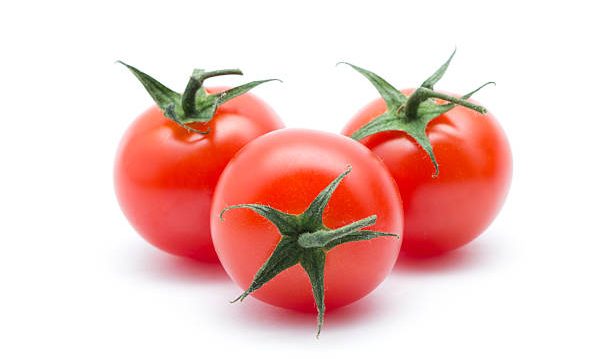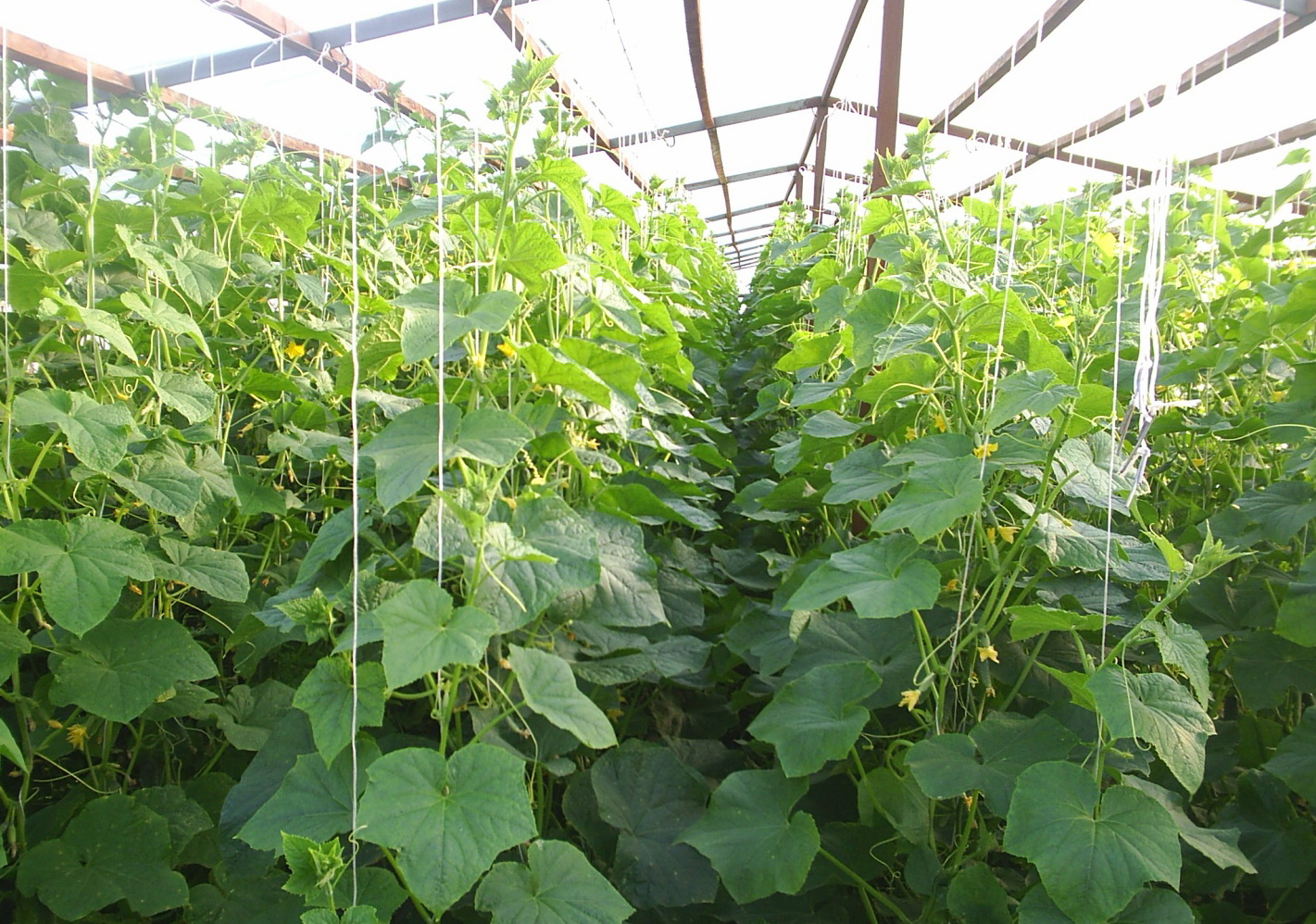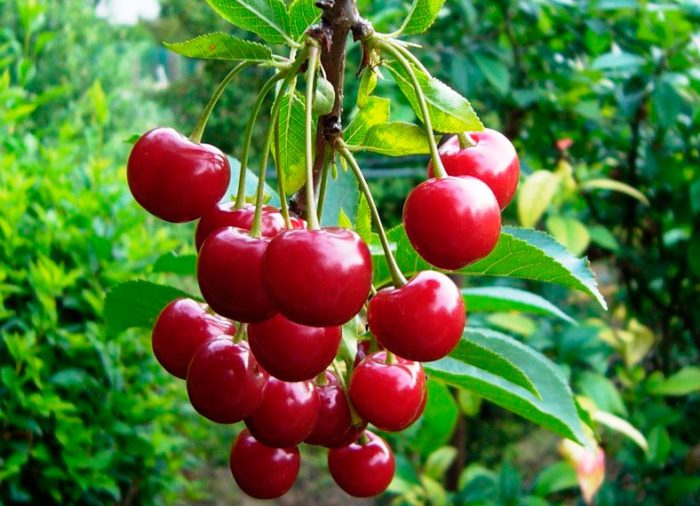Content:
The quail is a small, variegated bird that has become popular for its agricultural use. The most valuable are quail eggs, which have an unusual taste and useful properties. But sometimes the quails stop running. Such a change can alert even experienced poultry farmers and raise many questions. Why don't quails lay eggs?
Reasons why quails stopped rushing
Quail, like any other poultry, needs proper care. Failure to comply with the standards for their content leads to problems with egg production or health in general. If quail has stopped rushing, the reason may be as follows:
- Violation of daylight hours. In order for the quails to lay eggs regularly, you need to observe the light regime: the day for the birds should last about 18 hours. The light in the room should be on from 6.00 to 24.00. You also need to turn on the lights once at night from 2:00 to 4:00. This is due to the fact that birds left without light for more than 4 hours begin to starve, which affects egg production. But in no case should you light the house around the clock.
- Lighting too bright or too dim. The light intensity also affects the egg production of quail. If the light is too bright, birds can become aggressive and nervous, if too dim, they can become sleepy and lethargic. The approximate power of the lamps should be 4 W per 1 sq. m.
- Low house temperature. The ideal temperature for the quails to feel comfortable and to lay eggs regularly is 20-22 ° C. A deviation from this norm is possible - from 18 ° С to 25 ° С, but not desirable. A decrease in temperature to 17 ° C and below will lead to stress in birds.
- Low humidity indoors with birds. Air that is too dry can affect the health of the hens. Therefore, the house should be set to a comfortable humidity level of 35% or more. To increase this indicator, small cans of water are installed in a room with birds or wet cleaning 3 times a day.
- Violation of feeding norms. This aspect is the most common reason for the cessation of egg production. The quail should be fed 3 times a day. The bulk of the diet of birds should be a combination feed containing a sufficient amount of protein.
- The age of the birds. Only young animals (birds from 4 months to 3 years) lay eggs intensively. Further, the number of eggs decreases.
- Stress and external stimuli. The first time after replanting a bird in a new cage, it experiences stress. This is normal, and after 1-2 weeks the quail will start laying eggs again. To help you quickly adapt to new conditions, you need to go to the house and approach the animals less often.
- Change of feathers. During this period, the birds completely stop rushing. Molting occurs in the summer and usually lasts one week.
- Change of male. Quails are sensitive to their partner, and therefore the new inseminator initially causes them stress and distrust. After adaptation, the birds rush as usual.
- Disease. Any disturbances in the health of a bird affect its egg production, therefore, it is necessary to look for the reasons that the quail rush badly in their body.It is better not to self-medicate, but immediately contact your veterinarian.
- Cramped cells. Every bird needs freedom and comfort, so a small space can lead to stress in quails.
How to determine why quails are not rushing?
Based on the above reasons, we can conclude that quails are unpretentious birds. All they need for egg production is comfort and compliance with keeping standards. But, if a young animal, being in a spacious cage with a familiar male and with all the comforts, still does not rush, then the matter is in health.
What to do if the quails do not rush
Having studied the reasons for the lack of egg production and having determined why quails do not lay eggs, you need to immediately begin to restore the normal state. First you need to check the poultry house: whether the housing standards are observed there, whether the quail has a spacious cage and whether the lighting is too bright.
If they live in comfort, then further the reason must be sought in nutrition. It may be that there is not enough protein, vitamins and minerals in the feed. This shortage is especially felt in winter. If the reason is poor food quality, it must be replaced. If it is not possible to purchase another feed, then you can prepare it yourself.
Feed for young birds:
- You need to take 1 kg of wheat, 0.5 kg of dry corn kernels and 100 g of barley.
- Grind and mix all ingredients together.
- Add 1/2 teaspoon of salt and sunflower oil to them.
- Mix.
- Can be served to birds.
Food recipe for adult females:
- Prepare 600 g of dried corn kernels, 0.5 kg of wheat and 100 g of dried peas.
- Grind all components.
- Add 1 tbsp into the mixture. spoon of salt and 1 teaspoon of sunflower oil.
- Mix.
- Give to quails.
Do quails need a male for eggs and how to choose it
For the quails to fly, they need a male. Most often, it is selected not separately for each female, but at once for the whole tribe. This step eliminates the possibility of a fight between males. But there are certain criteria according to which quails can be rejected or, conversely, introduced into the flock:
- he should not have crooked paws, bad claws, eyes and small testes;
- the weight of the male should exceed the weight of the females by at least 15-20%;
- quail, preferably, should have a large tail.
If the male meets all these criteria, then he will be a good option for fertilizing quail. Otherwise, the quail can be sent for meat.
In addition to physical form, a suitable male can be selected based on his breed. There are special types of quails designed for the fertilization of females:
- Japanese is distinguished by high fertility - about 300 eggs per year from one female;
- English white besides good fertility (250-280 eggs per year) has a lot of weight. Therefore, if the male is not suitable for the laying hen, he can always be sent for slaughter.
How to prevent a lack of egg production in the future
To ensure stable egg production, you need to start taking care of the birds when they are still quails. There is nothing difficult in this - it is enough to keep the animals in clean cages, feed them healthy and rich food, conduct regular medical examinations and pay more attention to them.
If the poultry breeder observes all these requirements and approaches his pets with responsibility, then he will never have a question about why the quails are not rushing. After all, all these birds need is care. And then they will reward the owners with tasty and healthy eggs.

